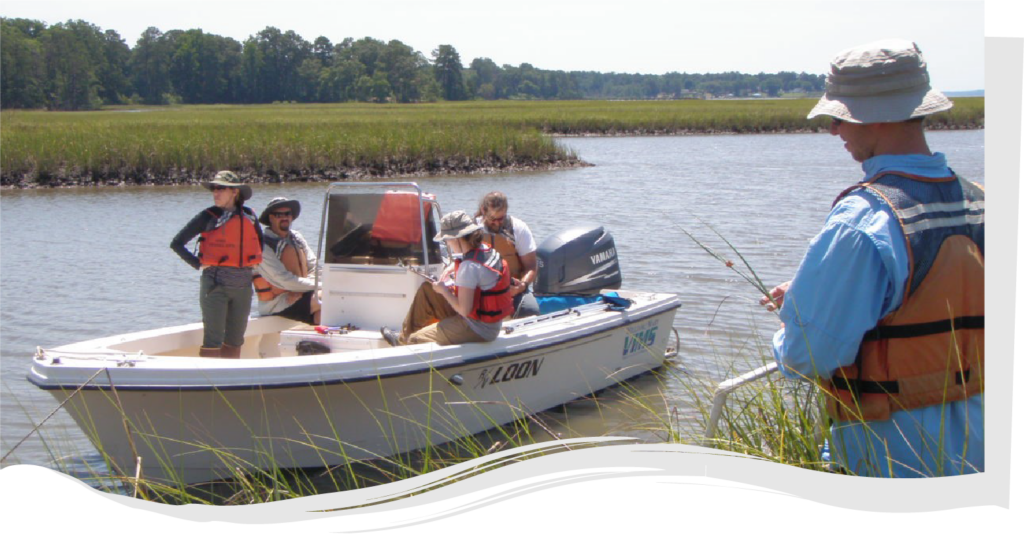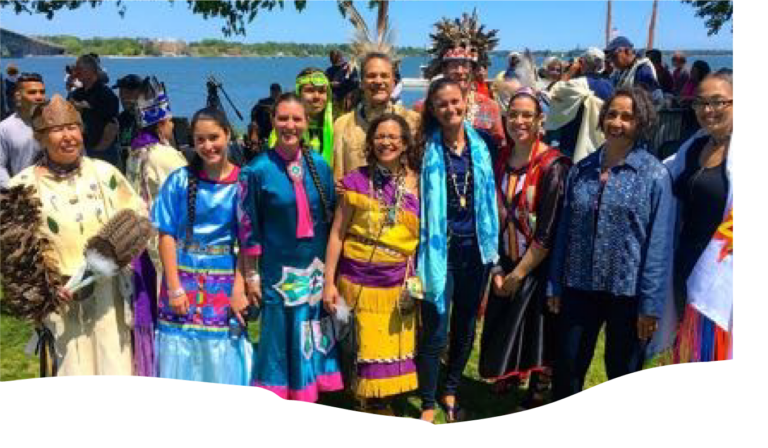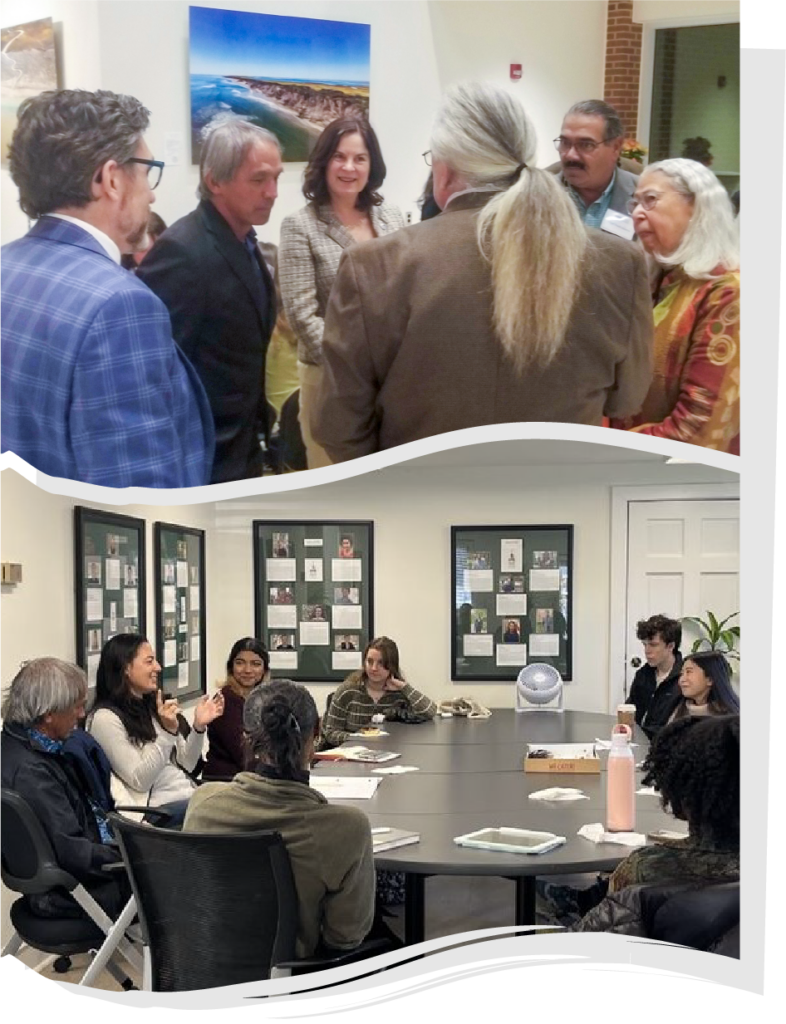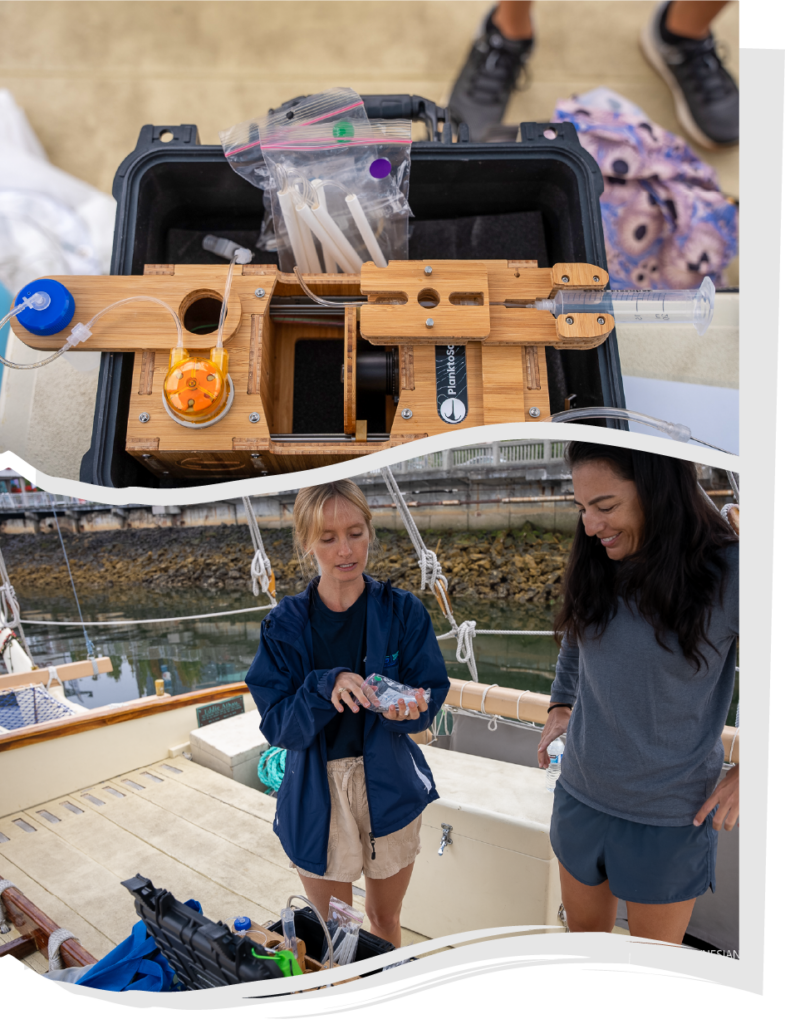
VIMS CHARTER

VIMS, W&M, & Indigenous Communities
From the William & Mary website:
Virginia’s complex history of colonization had devastating and far-reaching effects on Indigenous people. Williamsburg and William & Mary are no exceptions given the colonial legacies of Virginia’s Indigenous people to these places. These legacies included treaty negotiations, economic ties and relationships and the attendance of Virginia Indian boys at the College’s Brafferton Indian School. These historical and colonial connections with Virginia Indians must be understood and acknowledged on campus and we hope within the wider Williamsburg community. Acknowledgement promotes awareness of and respect for Indigenous culture, ending the history of silence and exclusion that has resulted in Indigenous disadvantages today.

W&M and VIMS firmly uphold their commitment to the Native community by actively engaging in partnerships and collaborative initiatives with tribal members from Virginia and Indigenous communities that share historical connections with W&M.
VIMS and PVS
Scholar in Ocean Residency

Nainoa Thompson was VIMS’ first Scholar in Ocean Residency, a position created in 2022. The Scholar in Ocean Residency position helps guide VIMS and W&M on raising the awareness and understanding of indigenous cultures by fostering knowledge gained through relationships with people in specific places and the concept of the Culture of Place.
The position helps advance the shared values of ecological restoration and climate change resilience based on the notions of balance and interconnectivity and the melding of indigenous wisdom and scientific knowledge. Nainoa will continue engagement with local Tribal communities, researchers, and students to discuss ancestral connections to oceans and waterways, environmental stewardship, indigenous science, and education outreach.
Phytoplankton and Water Quality Monitoring
As Hōkūle‘a circumnavigates the Pacific during the Moananuiākea Voyage, crew will image plankton samples and gather water quality data for use by VIMS students, and available globally, in a project to help amplify the critical role oceans play for a healthy planet.
Through this partnership, PVS and VIMS will pair indigenous knowledge, science, and student engagement. VIMS and William & Mary students will have the opportunity to be involved in the Moananuiākea Voyage and learn from the many Indigenous and coastal communities visited by the Hōkūle‘a.

